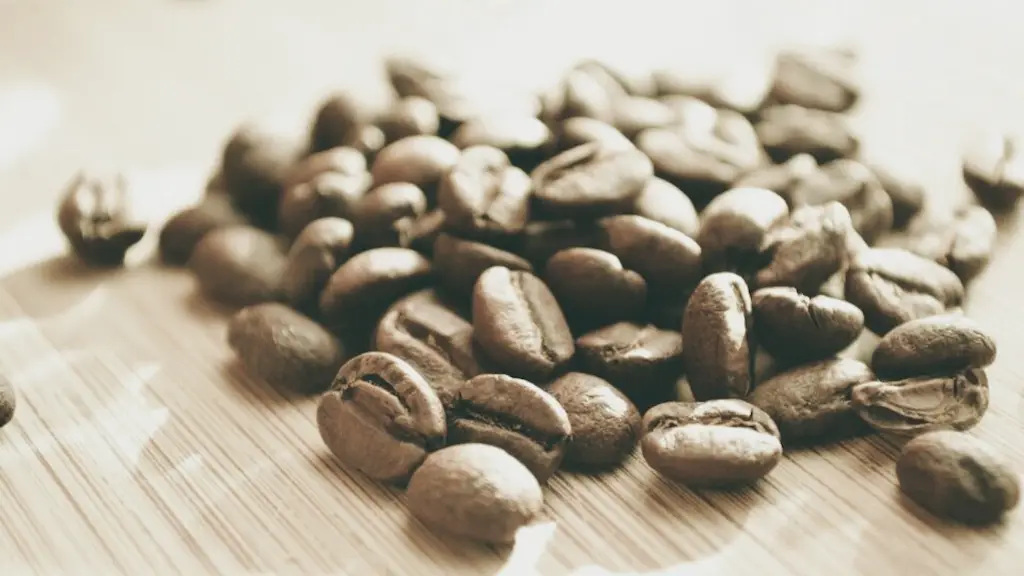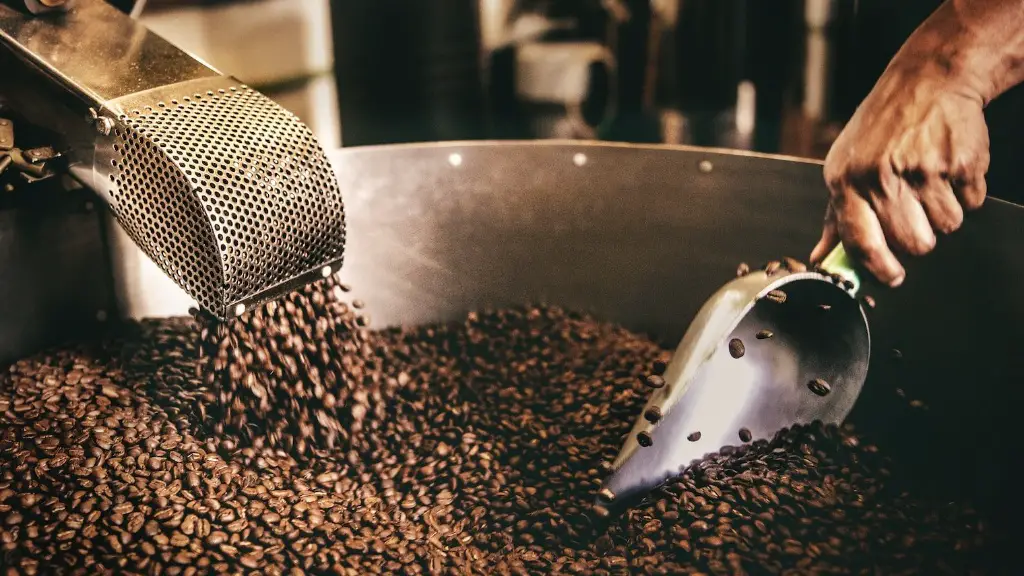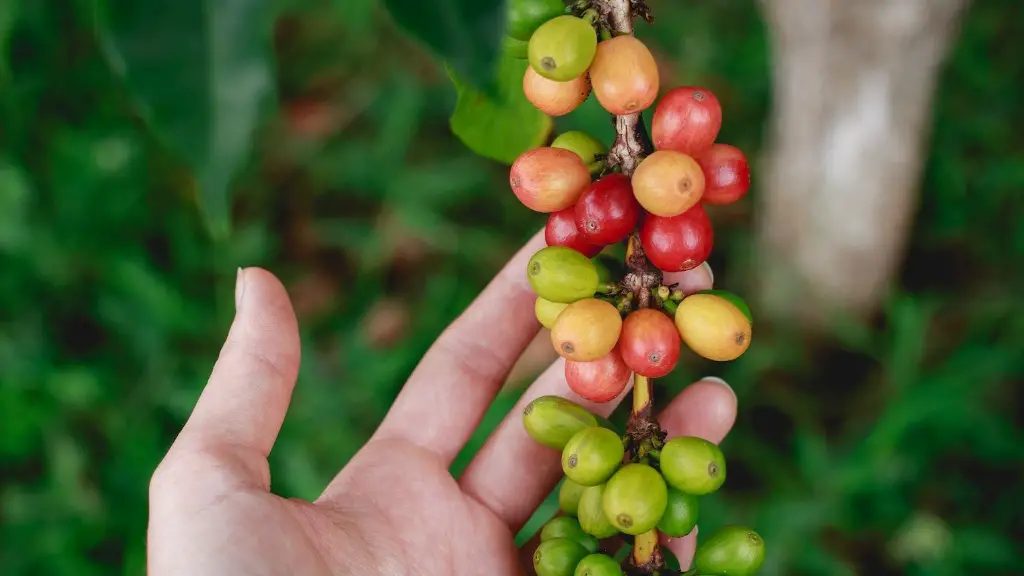Living with food sensitivities can be challenging; however, it doesn’t always mean that certain classic favorites are off the table. Many people living with a FODMAP diet—which limits certain carbohydrates—believe that coffee is still an option for them. But before reaching for that cup of joe, it’s important to understand which coffee drinks are FODMAP-friendly, which are not, and why.
Coffee, in its most basic form, is low FODMAP, so for most people with IBS it is a safe choice. Filter coffee and espresso shots are also generally well-tolerated, as long as they are not combined with high FODMAP ingredients like honey, dairy, or heavily processed sweeteners. Also, since decaffeinated coffee contains fewer polyphenols than caffeinated coffee, it may be easier to digest for some people.
On the other hand, drinks like cappuccinos and lattes, which contain milk, are not recommended for people following a FODMAP diet. As milk is high in lactose, the milk sugars can cause uncomfortable symptoms for those with IBS. The same is true for almond, coconut, and rice milk, as all sources of milk milk, regardless of the source, contain FODMAPs.
However, some steamed milk alternatives can be used as an option. Low FODMAP milk substitutes, like lactose-free milk, oat milk and macadamia milk, are all viable, low FODMAP choices. In addition, an added bonus of oat milk is that it contains less sugar than other milks, making it a better choice for those seeking a lower sugar option.
It’s important to remember that if you experience any discomfort with the foods you consume, the best thing to do is to speak to your doctor or dietitian. If a food is making you feel ill, it may still be worth a try to reduce or avoid it completely from your diet, even if it is officially recognized as FODMAP-friendly.
Overall, it seems that for most people with IBS, drinking coffe is a viable option, albeit within certain limits. If properly planned, with specific types of coffee and milk substitutes, people with IBS can still enjoy their cup of coffee even with the restrictions of a FODMAP diet.
Caffeine Content
Caffeine is known to worsen irritable bowel syndrome (IBS) symptoms in some people, so it is important to understand the amount of caffeine in coffee to make sure you are making the right choice. While different sources cite different amounts of caffeine, a single shot of espresso typically contains around 63mg of caffeine while a cup of American-style coffee contains around 140mg.
It’s key to remember that different people will react to caffeine in different ways. Some people may tolerate more caffeine than others, while in others, even the slightest amount of caffeine can trigger symptoms. Therefore, it’s best to experiment with different amounts of caffeine and see what works for you. As a guide, however, it’s probably best for people with IBS to stick to one or two coffees a day to prevent exacerbating any symptoms.
How to Drink Coffee on a FODMAP Diet?
The key to enjoying coffee on a restrictive diet is planning your coffee order in advance. Stick to a filter coffee or espresso, and opt for a low FODMAP milk substitute like lactose-free milk, oat milk, or macadamia milk. Also, make sure to check the ingredients list of any coffee shop concoctions you may be tempted to order, as they may contain undisclosed high FODMAP ingredients, like honey or chocolate.
With some careful customization, coffee still remains an option for those on a FODMAP diet. Even those with IBS can still enjoy their favorite cup of joe with some planning, experimentation, and education.
Alternatives to Coffee
If you want to satisfy your coffee craving without having to worry about developing any IBS-related symptoms, there are a few alternatives. Low FODMAP herbal teas, like peppermint or ginger tea, can provide the same energy boost as coffee and are also often less acidic, making them easier on the stomach. Another option is matcha; a tea powder made from ground green tea leaves. Matcha contains around 30-50mg of caffeine, making it an excellent low dose option for those with IBS.
Turmeric lattes are also an increasingly popular alternative to coffee, made from turmeric and milk. While milk is typically high in lactose, these drinks often contain coconut milk or almond milk, both of which are low FODMAP. If you order this lattes at a cafe, it is still important to check the ingredients. If you are making your own at home, there are plenty of recipes, simply by swapping out milk with FODMAP friendly milk alternatives.
How to Choose a Low FODMAP Milk Substitute
When it comes to choosing a low FODMAP milk substitute, it pays to do a little research. Almond milk is considered to be one of the best milk alternatives on a low FODMAP diet, as it is low in FODMAPs and high in protein and calcium. Coconut milk, however, may be a better option for those who have a nut intolerance. It is also a good source of healthy fats.
Whichever milk you choose, it is key to look for unsweetened and unsalted versions. Most store-bought milks come with added sugar, which is not always ideal for those cutting FODMAPs, and if you don’t check the labels, you may end up with a sweet, calorie-laden drink.
Oat milk, on the other hand, is a low FODMAP, naturally sweet option. It is a great source of dietary fiber and it is also one of the most sustainable milk alternatives. One downside is that it has a slightly grainy texture and flavour.
Low FODMAP Coffee Drinks Recipes
Making low FODMAP coffee drinks at home can be surprisingly easy, as long as you have the right ingredients. For a simple FODMAP-friendly latte, try steaming almond or coconut milk with a shot of espresso and adding a small amount of honey or maple syrup, if desired. If you want a more decadent option, you can make a turmeric latte. Turmeric lattes usually contain almond or coconut milk, turmeric and other spices, and a sweetener like honey or maple syrup.
A favorite in many coffee shops is a flat white. To make it at home, use an espresso machine to prepare two shots of espresso. Steam some oat milk and then slowly pour it into the espresso shots. Top with some cinnamon, if desired. This is a simple low FODMAP option.
For a delicious caffeine-free alternative, try mixing a tablespoon of chocolate powder with a cup of hemp milk, or blending a tablespoon of cocoa powder with a cup of coconut or almond milk. Sweeten to taste and top with some whipped cream, if desired.
Bottom Line
Living with a food intolerance or food sensitivities is hard. A FODMAP diet restricts certain carbohydrates, but does not mean that coffee is off the table for those following this way of eating. While it is important to understand which coffee drinks are FODMAP-friendly, it is also key to note which are not. Filter coffee and espresso shots are usually well-tolerated, as long as they are not combined with high FODMAP ingredients. Milk products, like cappuccinos and lattes, are not advisable, since they contain lactose, which is a high FODMAP food. Low FODMAP milk substitutes, like lactose-free milk, oat milk and macadamia milk, are viable options for these drinks.
With some thoughtful planning, people with IBS can still enjoy their favorite cup of coffee even with the restrictions of a FODMAP diet. Alternatively, there are plenty of other options that are equally delicious, such as low FODMAP herbal teas, matcha, turmeric lattes, and even homemade low FODMAP coffee drinks recipes.





